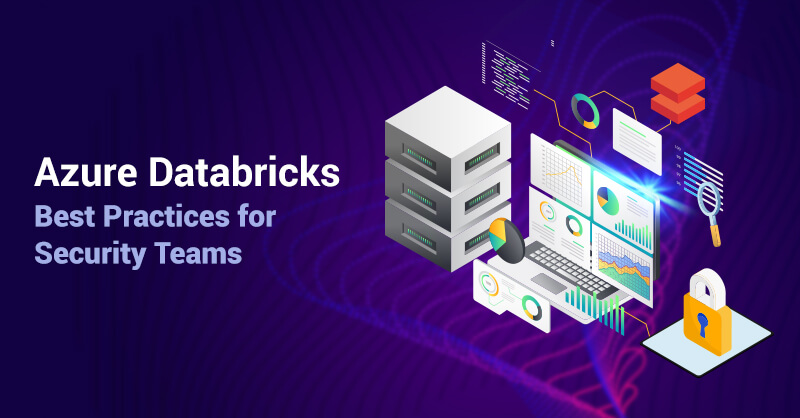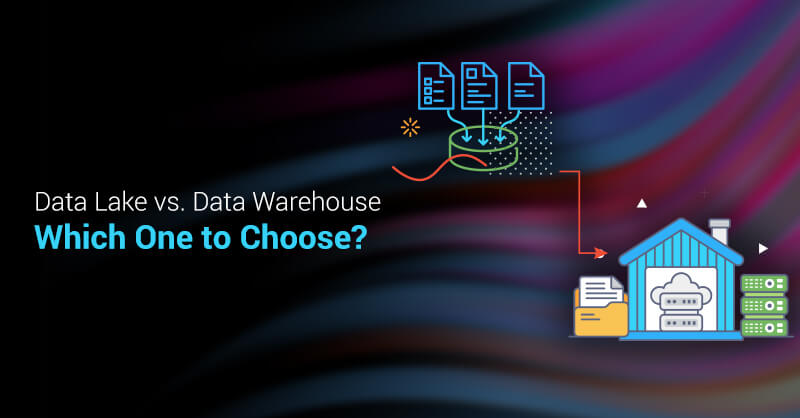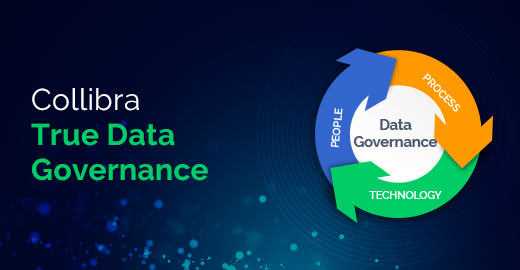Big Data and Analytics Solution
Introduction
AI, IoT, mobile and social are taking us to complex data, new structure and sources of data. Big data analytics is the utilization of advanced analytic techniques against huge, diverse data sets that contain structured, semi-structured and unstructured data from various sources and in different sizes such as terabytes.
Big data is an expression used for data sets which are far from the capacity of conventional relational databases to capture, process and manage the data with low-latency. It is usually of high volume, high velocity, or high variety. Big data could come from sensors, devices, audio/video, networks, transactional applications, log files, web, and social media.
Analyzing big data enables analysts, researchers, and business users to make better and quick decisions leveraging data that was earlier inaccessible or unusable. The advanced analytics capabilities such as machine learning, text analytics, predictive analytics, statistics, data mining, and natural language processing can now help businesses to analyze untapped data sources to gain new insights.
Big data analytics inspects large amounts of data to detect hidden patterns, correlations and other insights.
Importance of Big Data Analytics
Big data analytics helps organizations make use of their data to identify new opportunities which makes it possible to have smarter business moves, higher profits, more efficient operations and happier customers.
Cost Reduction:
Big data technologies like Hadoop and cloud-based analytics bring remarkable cost advantages when it comes to storing large amounts of data. Moreover, they can identify more efficient ways of doing business.
Speedy, Better Decision Making:
The speed of Hadoop and in-memory analytics, combined with the capability to analyze new sources of data are helping businesses to analyze information immediately and make decisions based on what is learned.
New Products and Services:
With the ability to measure customer needs and gratification through analytics gives the power to provide customers what they want.
How It Works and Key Technologies
Multiple types of technology work together to help you get the most value for your information.
Data Mining
Data mining technology enables to inspect vast amounts of data to identify patterns in the data. With data mining software, you can filter through all the messy and repetitive noise in data, determine what is relevant, utilize that information to evaluate likely outcomes, and then speed up the pace of making informed decisions.
Hadoop
This open source software framework can store vast amounts of data and execute applications on clusters of commodity hardware. It is a key technology of doing business due to the continual increase of data volumes and varieties, and its dispersed computing model processes big data fast.
In-Memory Analytics
By examining data from system memory, instead of from hard disk drive can derive immediate insights from the data. This technology has removed data preparation and analytical processing latencies to test new scenarios and create models. It is not only an easy way for organizations to stay agile and make better business decisions, it also allows them to execute iterative and interactive analytics scenarios.
Predictive Analytics
Predictive analytics technology uses algorithms and machine-learning techniques to discover the probability of future outcomes based on historical data. It is all about providing the best judgment on what will happen in the future, so organizations can feel more optimistic that they are making the best possible business decision. Some of the most common applications of predictive analytics include fraud detection, risk, marketing and operations.
Text Mining
Text mining technology makes it possible to analyze text data from the web, books, comment fields and other text-based sources to get insights. Text mining applies machine learning or natural language processing technology to examine emails, Twitter feeds, blogs, surveys, competitive intelligence and more to help analyze vast amounts of information and identify new topics and term relationships.
IBM Big Data Solution
Enhance modern data warehouse using IBM Big SQL which is a hybrid SQL engine for Hadoop delivering easy data querying across the enterprise. We can use the power of Hortonworks Data platform to store our big data and then combine it with IBM big data solution Big SQL to get SQL access to the Hadoop data.
Big Data Analytics for Industries
Travel and Hospitality
Keeping customers satisfied is key to the travel and hotel industry but it is not easy to measure satisfaction especially promptly. Casinos & Resorts, for instance, have only a short window of opportunity to turn around a customer experience. Big data services provide these businesses the capacity to collect customer data, apply analytics and instantly find potential problems before it is too late.
Healthcare
Big data services are inevitable in the healthcare industry. Patient records, insurance information, health plans and other information can be hard to manage but is useful once analytics are applied. The analysis of data quickly helps healthcare providers to give lifesaving diagnoses or treatment choices almost immediately.
Government
Some government agencies have the challenge to tighten the budget without compromising quality or productivity. This is particularly irritating for law enforcement agencies, which are struggling to keep crime rates down with relatively insufficient resources. Therefore, many agencies use big data analytics services. The technology makes the operations efficient and provides the agency a complete view of criminal activity.
Retail
Customer service has developed in the past many years, as savvier shoppers anticipate retailers to understand precisely what and when they need it. Significant data analytics technology supports retailers meet those demands. Retailers are equipped with endless amounts of data from customer loyalty programs, buying habits, and other sources. They not only have an in-depth understanding of their customers, but they can also predict trends, recommend new products and increase profitability.




1 Comment
Amazing Blog!
Thanks for sharing it with us.